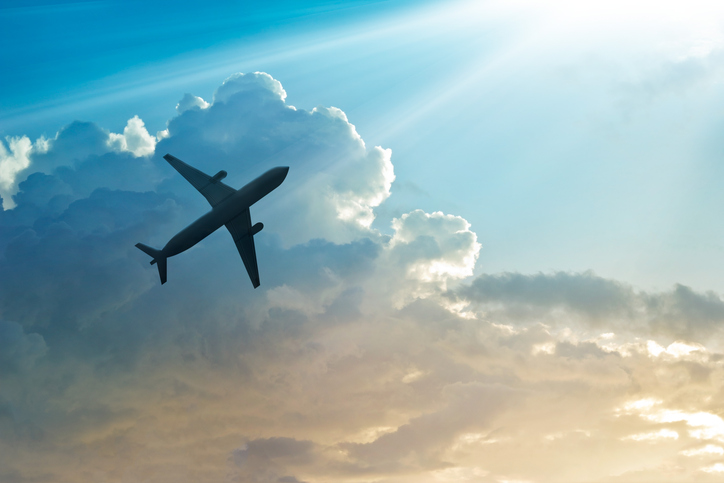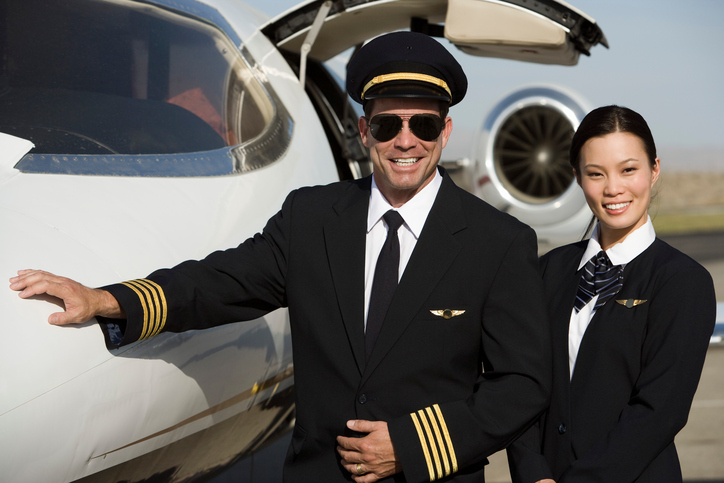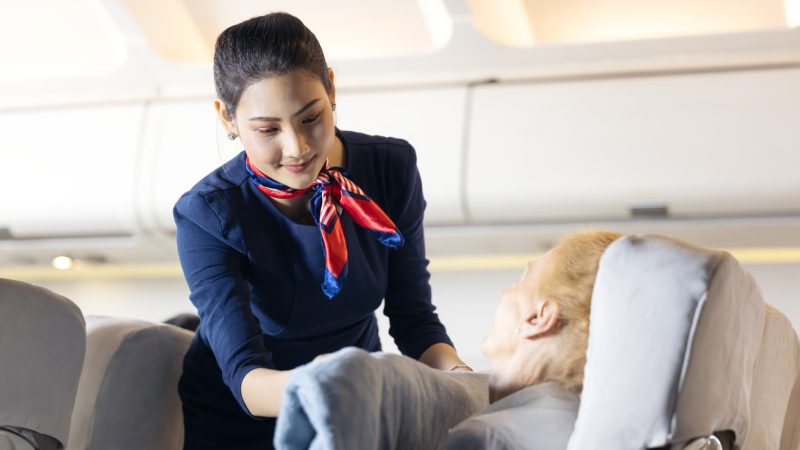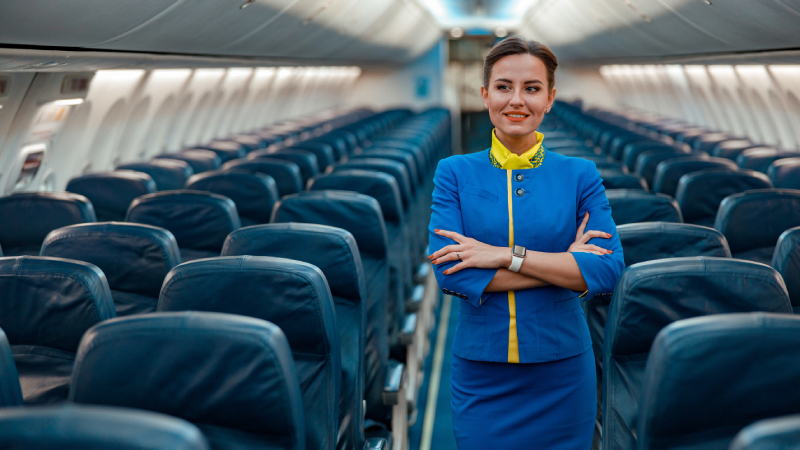Fortunately, there’s little reason for these fears. Flying is an incredibly safe way to travel, in large part because of strict security measures that are in place. Here’s a look at a few facts about aviation safety and security.
1. Superman Was Right—Flying Is the Safest Way to Travel
Superman once said that, statistically speaking, airplanes are the safest way to travel. Well, it was true then and it’s still true today. According to a study from 2013, there are only 0.07 deaths per billion miles travelled by a passenger on airplanes. To compare, there are 7.3 deaths per billion miles travelled in cars—a far higher total.
Why are planes so much safer? For one thing, there are incredibly strict safety standards that all of a plane’s components need to meet. For another, pilots are very well trained—far better than the average driver is taught to drive a car.

In other words, there’s very little risk of a plane accident. If ever you meet nervous flyers after flight attendant school, you can remind them that they’re in safe hands and that there’s nothing to worry about.
2. Students at Flight Attendant School Can Trust No-Fly Lists for Additional Security
Studying in the flight attendant training program at Eton College will allow you to learn about the different safety protocols used in aviation, and gain a great understanding of the many measures that are in place to keep passengers and crew as safe as possible. By the time you graduate, you will have a great understanding of the impeccable level of safety in air travel.
For example, you’ll know that long, tiresome security lines at the airport aren’t the only way that governments and airlines ensure that risky individuals don’t get on planes. Another safety measure involves government agencies doing research and compiling a list of people deemed to be at risk of attempting to commit crimes on board airplanes. When these people attempt to board a plane, they can be intercepted for questioning or prevented from travelling altogether.
3. Becoming a Flight Attendant Will Allow You to Participate in Keeping Flights Secure
Because of tight security on the ground, there is very little risk of dangerous incidents occurring up in the air. However, one of the requirements for becoming a flight attendant, pilot, or other aviation professional involves learning about what to do in the rare event that something does go wrong. Working in aviation means becoming an important element of good aviation security.
Our training program surpasses industry standards and will allow you to learn about procedures for events like bird strikes, turbulence, emergency landings, and more. In fact, we even have a mock airline cabin so that you can get plenty of hands-on training! By mastering the necessary steps for handling emergency events, you will be ready to ensure a high level of safety for yourself, passengers, and the rest of the crew.

Do you want to complete flight attendant preparation in Vancouver?
Visit Eton College for more information about our program!


